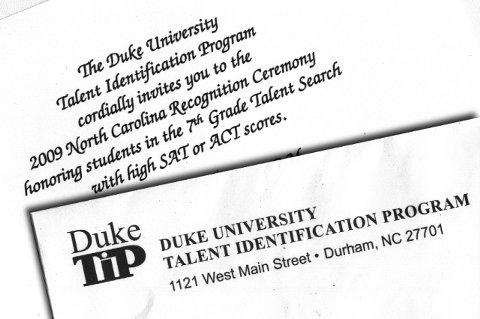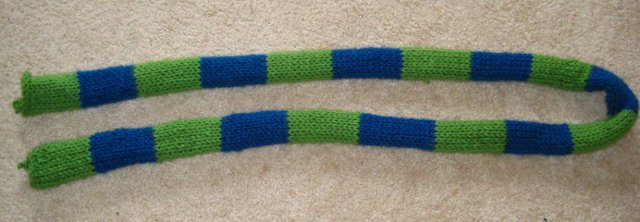Note: This post is one in a series on how we prepared our homeschooled children to take various College Level Examination Program tests. The introductory post for this series explains why we take these tests, what parts of the preparation worked for us, and what parts of the preparation did not work.
The CLEP test: History of the United States I (Early Colonization to 1877)
Other posts: Homeschool: How to prepare for CLEP tests – US History part 2
Primary study materials:
- CLEP History of the United States I which includes three full length practice tests (not on CD).
- CLEP History of the United States II which includes three full length practice tests (not on CD).
Secondary study materials:
- A History of the USA by Joy Hakim (not recommended – this is what Kelly used)
- US History text (something to replace the Joy Hakim materials for Christian – we will put it here when we find it). We have found what we believe is an excellent text A Patriot’s History of the United States by Schweikart and Allen.
Tertiary influences:
- The Landmark History of the American People (highly recommended)
- Sonlight Core Curricula: Core 3, Core 4, Core 5, Core 6, and Core 7
Discussion:
The Sonlight Core 3 and Core 4 programs instilled a wonderful love for American History. We were very disappointed with the selection of Joy Hakim’s A History of the USA as the central texts for the Sonlight History Program 120 as it provided what we felt was very weak preparation for future study of American History. We believe kids who have been in a solid homeschool program can handle texts that provide much more depth and much less political correctness than that provided by A History of the USA. Because of that, Kelly’s preparation for the CLEP US History I test was based almost entirely on the REA CLEP History of the United States test preparation book. That made it a lot drier than it needed to be.
Results:
Kelly took the US History I test when she was 14. She easily got a high enough score to get the college credit for the class, butB on it, but felt she could have done better as, according to the REA preparation book criteria, she would have gotten a grade of B in the class, one point away from an A.
What we would do differently:
When Kelly prepared for this test she used the study methods described in the previous CLEP preparation post on the Freshman College Composition test. That included taking notes from the text on one day, typing those notes in on the second day, and reviewing the typed in notes on the third day. Everything required to do well on the test was in the book, but Kelly felt she might have been better prepared, if she had made and studied more flashcards with dates, events, and people on them. The REA US History I CLEP study book had a glossary at the back. She believes if she could have included the glossary definitions in her flash cards, she might have improved here score. She also felt that if she would have augmented her base set of flash cards by using the boldface words, historical figures, dates, and definitions in the REA book, that would have helped her, too. She is scheduled to take the US History II test this month, so we will see if those new techniques work for her.
Kelly prepared for these tests as a standalone effort–not as part of her History studies. The big difference between the way we will approach the way Christian prepares for these tests from the way Kelly prepared for them is that Christian’s preparation will be an integral part of the normal seventh grade survey of US History that we had planned for him all along. Another change is that we will try to find a solid history text to replace the A History of the USA texts in the Sonlight curriculum even though we will still use their literature books. Christian will work his way through the REA book and whatever history text we find, making flash cards and taking notes from both. We will have him take the US History I test half way through next year followed by the US History II test at the end of the year. We will both describe the new methods and report the results on this page when we have them.

















 On
On 



